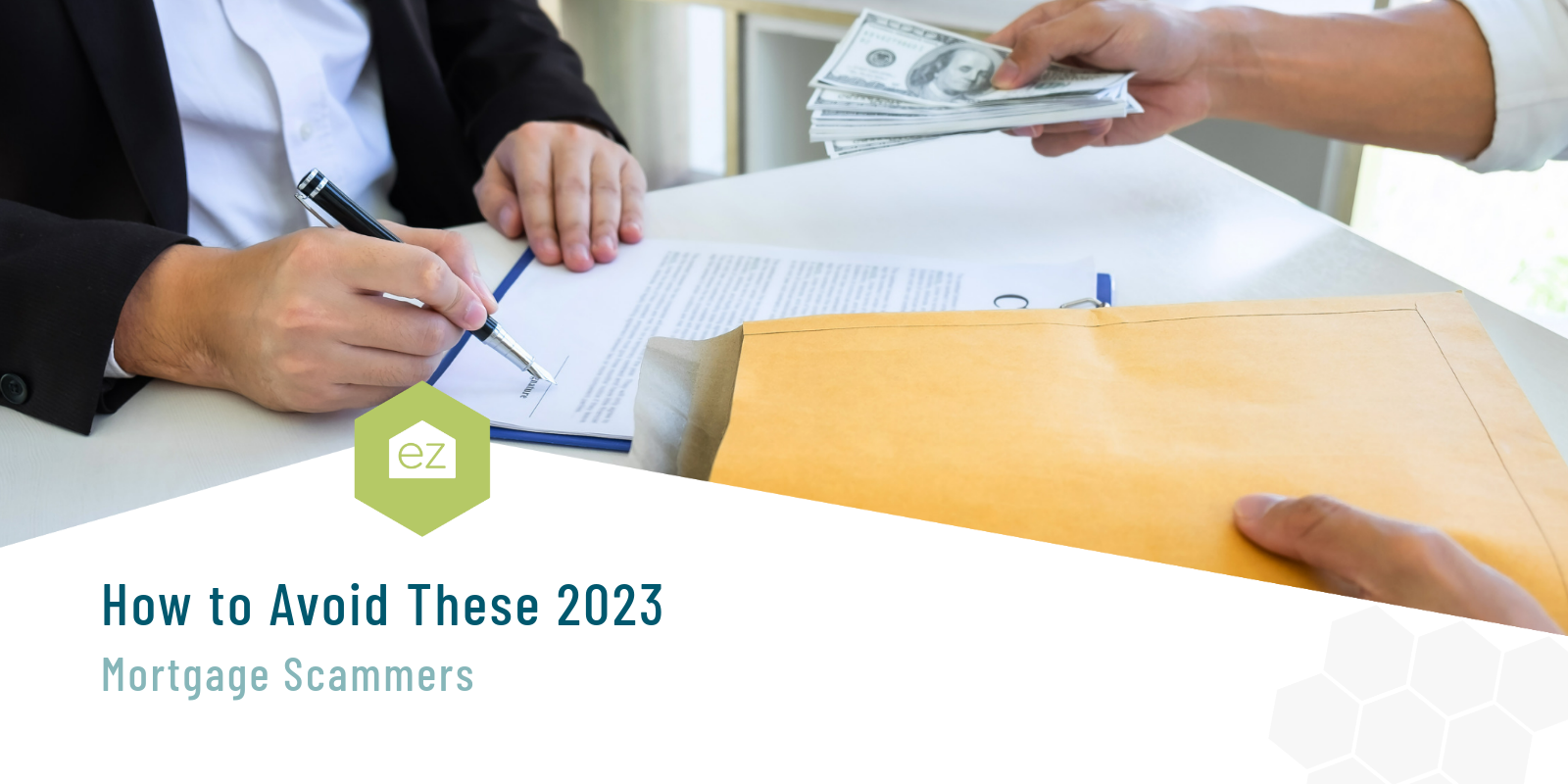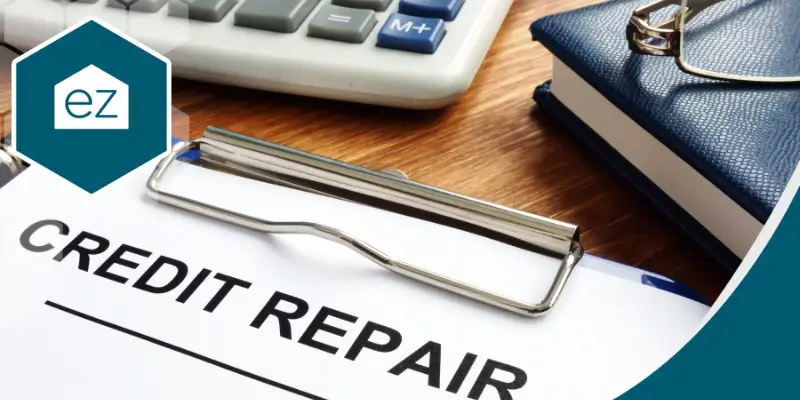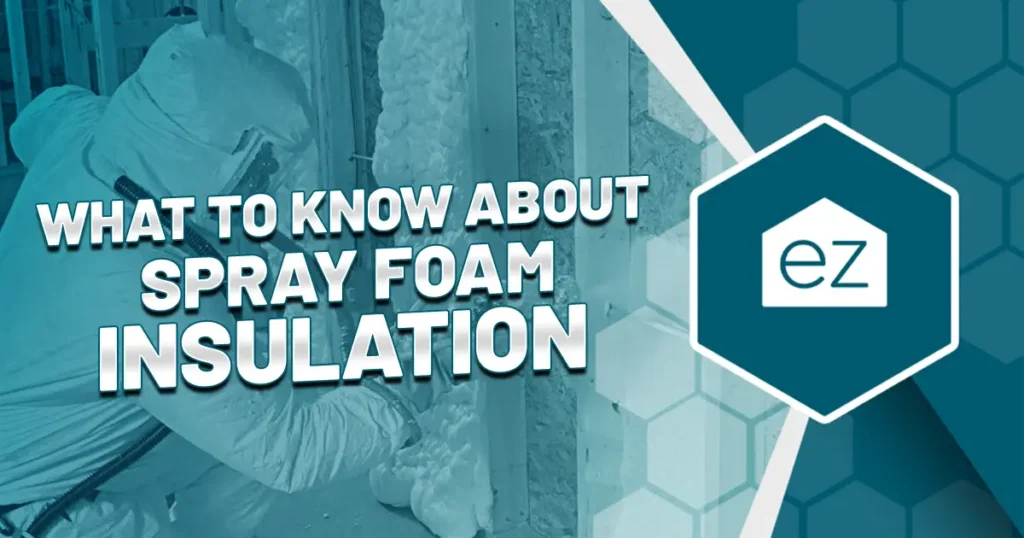How to Avoid These 2023 Mortgage Scammers

How to Avoid These 2023 Mortgage Scammers
Hello, the text reads. It’s your bank. And you’ve just been charged $25,000.
It’s enough to make anyone stand to attention. Some people will pay lots of money to avoid major issues like these, and that’s exactly what they do. They see what appears to be a completely honest digital message, and without thinking, they take action on it.
Welcome to the world of digital scammers. According to FBI reports, as quoted in MarketWatch, digital fraud has increased a full 100% since the pandemic. Unfortunately, one of the primary targets of these scammers is where it can hit the wallet the most: your mortgage. Staying alert for mortgage scammers in 2023 can require more awareness than you might imagine. Here’s what you should be looking out for.
Watch Out for Credit Repair Companies

“Credit repair” is a hot-button topic these days. After all, with interest rates high, it can be trickier to get a loan. People are looking for ways to boost their credit rating and reduce the costs of a mortgage. That may be why the industry has ballooned to over $4 billion as of 2021.
Anyone who has worked with credit repair companies knows that credit is tightly tied to your mortgage application. People with bad credit want to buy a home, after all. And someone who wants to buy a home with poor credit may be especially susceptible to the quick-fix attitude that scammers are looking for.
How the scam looks: A scammer may try to get your information by claiming that they’ll help you remove the problems on your consumer credit reports, like a string of late rent payments or a past short sale. When that information is 100% accurate, the idea that you could get it removed from your credit history should be a red flag. The scammers will then charge you upfront for the promise of potentially increasing your credit down the line. Then they make off with your fee, doing nothing to help your candidacy for landing a mortgage.
How to avoid it: Be wary of credit repair services who contact you. Yes, credit repair services are often legitimate businesses that do offer help and can potentially improve your credit for a mortgage application. But if one solicits you, check with the Better Business Bureau first.
Mortgage Lenders Offering Unrealistic Terms

The sad thing about mortgage scammers is that they can take advantage of people when they’re at their most vulnerable. You may have found your dream home and be ready to apply for a mortgage and get the process going. Unfortunately, that’s what scammers are counting on when they use the “bait and switch” scam.
How the scam looks: Scammers may present themselves as legitimate mortgage companies offering generous terms. They may also offer mortgage terms that extend far beyond your ability, like generously low interest rates or a loan amount higher than what you can actually afford. This should be a red flag no matter what kind of house you want to get.
What will happen is once you sign with the mortgage, the buyer is told they no longer qualify for the generous terms. That leaves the borrower stuck with higher fees or unattractive loan terms.
How to avoid it: According to Rocket Mortgage, “If your lender is recommending a type of home that requires a loan larger than 28% of your disposable income, be wary.” Also pay attention if they downplay your credit score or inflate the value of your existing home or income. Ask your chosen lender to lock-in your rate and break down the fees.
Avoiding Escrow Wire Fraud

One challenge with handling a mortgage is that you may be in the throes of your first major home purchase. During this time, you’ll find yourself writing some of the largest checks you’ve ever written. Mortgage escrow is one such case where you may have to double-check before you sign on the proverbial dotted line.
How the scam looks: The trick with escrow wire fraud is that a scammer is trying to get you to send the money to the wrong place. Oftentimes, a hacker breaks into a company or individual’s email, sending you a request for the escrow funds. They may even go as far as setting up a fake website to make the request look legitimate. Wire fraud happens during one of the more stressful times of the transaction process, near the closing, and it puts the entire sale in jeopardy.
How to avoid it: Always double-check that you’re sending the money to the right place before you cut any check during a mortgage. Be suspicious of anyone who tries to pressure you into writing the check at the wrong time.
Tips to Avoiding Mortgage Scammers

What should you do if you’re the victim of a mortgage scam? There are a few action steps you can take right away:
- Create a file that details all of the information you need. This file should include a contact sheet. Track the perpetrator’s name, email address, mailing address, telephone number, website address, and any other information that could be identifying, including any (real or not) regulatory numbers used here.
- Learn your rights. You can find a list of your rights at the U.S. Department of Justice. This will help you get a sense of what to expect moving forward.
- Report the mortgage fraud to the appropriate avenue. That might be the Housing and Urban Development (HUD) Office of the Inspector General, for example, or the Consumer Financial Protection Bureau (CFPB) for general mortgage loan scamming.
There’s no guarantee you’ll get back what you lost, but you might help others who would have otherwise been the next victims of these scams.
Be wary about clicking links or issuing money without hesitation. However, if you know what tactics scammers are using, you’ll stand a far better chance of avoiding mortgage scammers in 2023. Use these tips to work with legitimate mortgage companies, well-reputed banks, real estate agents, and any other third parties when it comes to your mortgage application.
Start Your Home Search
Preston Guyton
Share this Post
Related Articles
Buying a Home
Conforming Loan Limits: A Guide for Homebuyers
Buying a Home
What to Know About Termites In Your Home
Buying a Home
What to Know About Spray Foam Insulation
Buying a Home





